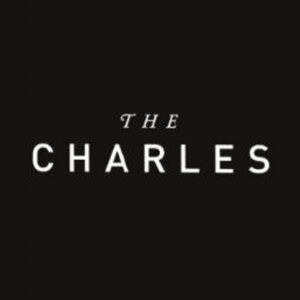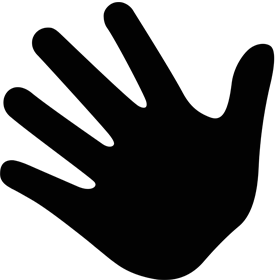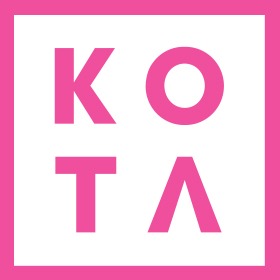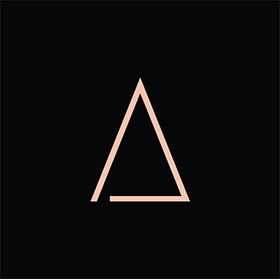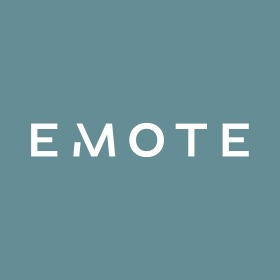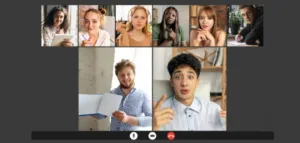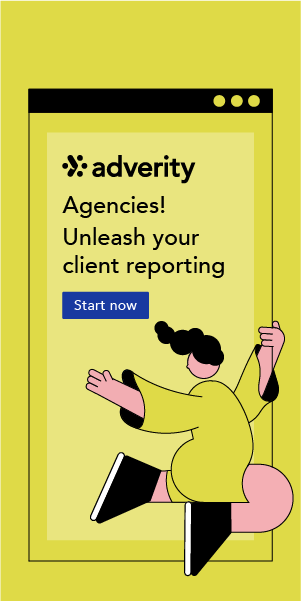
Fintech Marketing 101: An Interview with Zak Westphal on Connecting with Retail Investors
The world of finance is going through a major shakeup thanks to new technologies transforming how everyday investors manage their money. This emerging world of “fintech”—a blend of financial services and cutting-edge tech—is rewriting the investing rulebook. It’s both an …

The Web Agency Playbook: Mastering Revenue Diversification and Adapting to Future Trends
In the fiercely competitive world of web agencies, owners recognize that success hinges on adaptation. The rapid evolution of technology, especially in the AI domain, alongside shifting client expectations, underscores the crucial need for agencies to adapt. To help web …
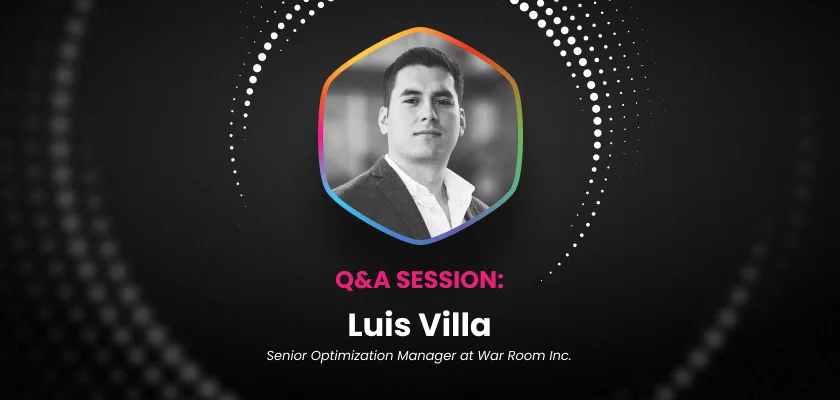
Sports Marketing Trends: Interview with Luis Villa, War Room Inc.
In the vibrant world of digital marketing, where innovation meets strategy, our recent interview with the esteemed members of War Room Inc., a powerful agency in the sports marketing arena, has been nothing short of illuminating. Our invitation to them …
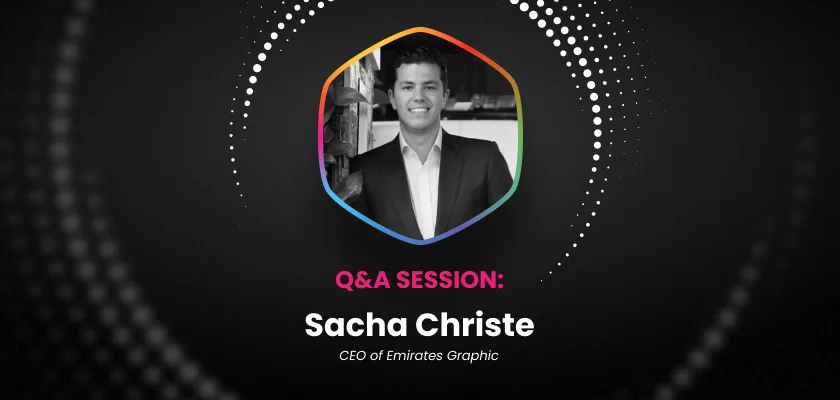
Digital Marketing Ecosystem in Dubai: Exclusive Q&A with Sacha Christe, CEO of Emirates Graphic
Venture into the Heartbeat of Dubai’s Digital Marketing Ecosystem. Take a deep dive into an illuminating conversation with Sacha Christe, the visionary CEO behind Emirates Graphic. Together, we’ll navigate the currents of trends, challenges, and boundless opportunities that define this …

The AI Q&A Series: Victoria Samways, Marketing & Brand Manager at Major Tom Uncovers the AI-Powered Future of Digital Marketing
Welcome to the second edition of our AI Q&A series, where we continue our exploration into the dynamic world of artificial intelligence and the ever-evolving digital marketing landscape. We are thrilled to collaborate with Victoria Samways, Marketing & Brand Manager …

The AI Q&A Series: Matt Garbutt, Creative Director at Brave Bison Unveils the AI Secrets of Digital Marketing
Get ready for our very first AI Q&A series, where we dive deep into the world of artificial intelligence and its fascinating impact on the ever-evolving realm of digital marketing. We are excited to kick things off with Matt Garbutt, …

Diving into Asia’s Digital Marketing Scene: Exclusive Insights from a Q&A with Albin Lix, Founder & CEO of Digital Business Lab
Embark on a journey into Asia’s dynamic digital marketing scene. In a compelling conversation with Albin Lix, Founder & CEO at Digital Business Lab, we explored trends, challenges, and opportunities that define this vibrant realm. Get ready for firsthand insights, …

An Interview Where Anik Singal Reviews Legit Ways of Using ChatGPT in Marketing
Entrepreneur and CEO of Lurn, Anik Singal, joined a Q&A session. If you want to discover more about how marketing teams are putting ChatGPT to use in their field, then scroll down to read the Q&A. 1. How did you …

Generating More Leads With Inbound Marketing: Explained by Hubspot Platinum Partner Agency WEBITMD
One of our top branded agencies, WEBITMD, has answered our questions regarding their Hubspot Platinum partnership and inbound marketing service. We would like to take the opportunity to thank the Creative Director Chris Homan, Growth Marketing Lead Andrew Copeland, Director …
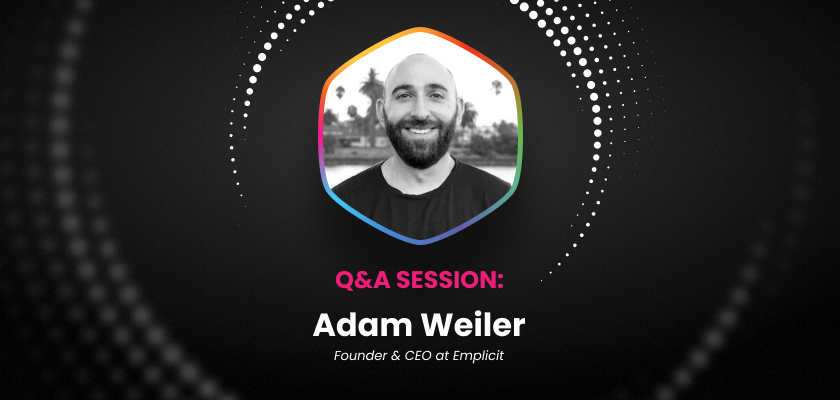
An Interview with Adam Weiler, CEO & Founder at Emplicit
Adam Weiler, Founder and CEO at Emplicit, joined our interview on business growth strategies and recent investments.
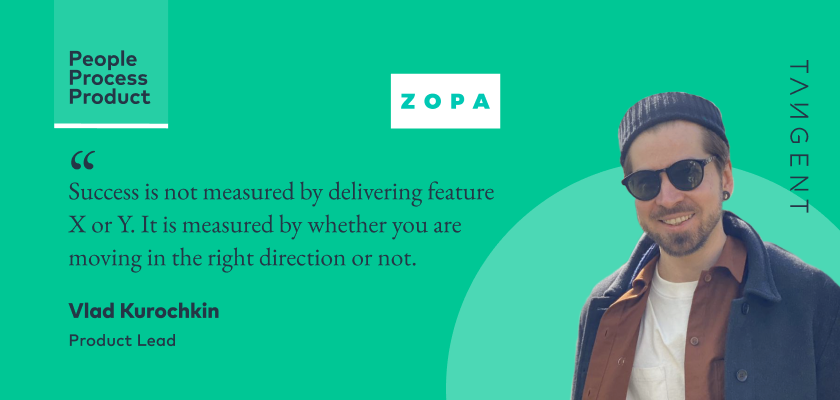
The New Content Series With Industry Leaders from Tangent
Here at Tangent, they’re in the business of digital products. But the conversation isn’t complete without considering the processes that make them happen, or the people behind it all. In Tangent’s new content series, they’ve been hearing from industry leaders …
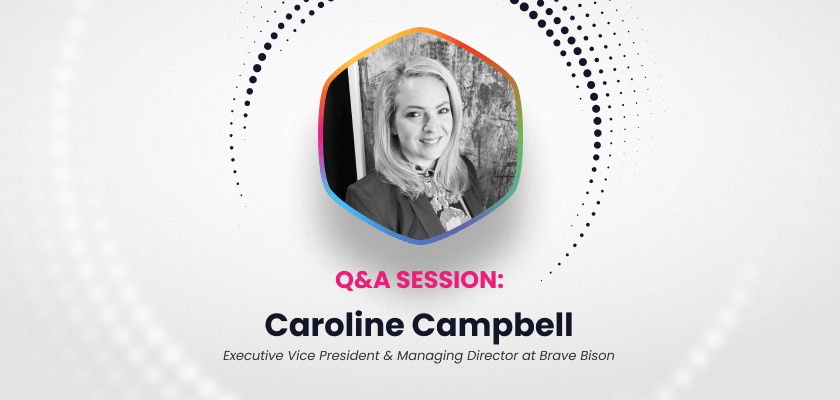
Caroline Campbell, EVP & MD at Brave Bison Joined Our Q&A Session
We had an interview with Caroline Campbell, EVP & MD at Brave Bison (JAPAC). From team diversity and culture to language skills, she shared her interesting insights and observations about the digital marketing industry based on her experiences. See the …

